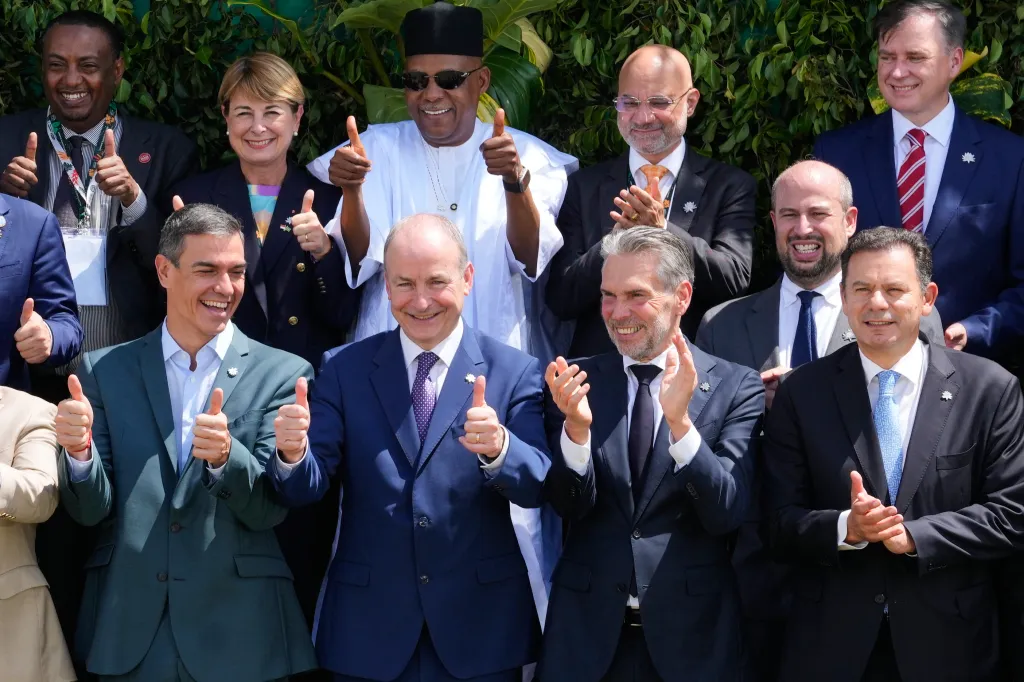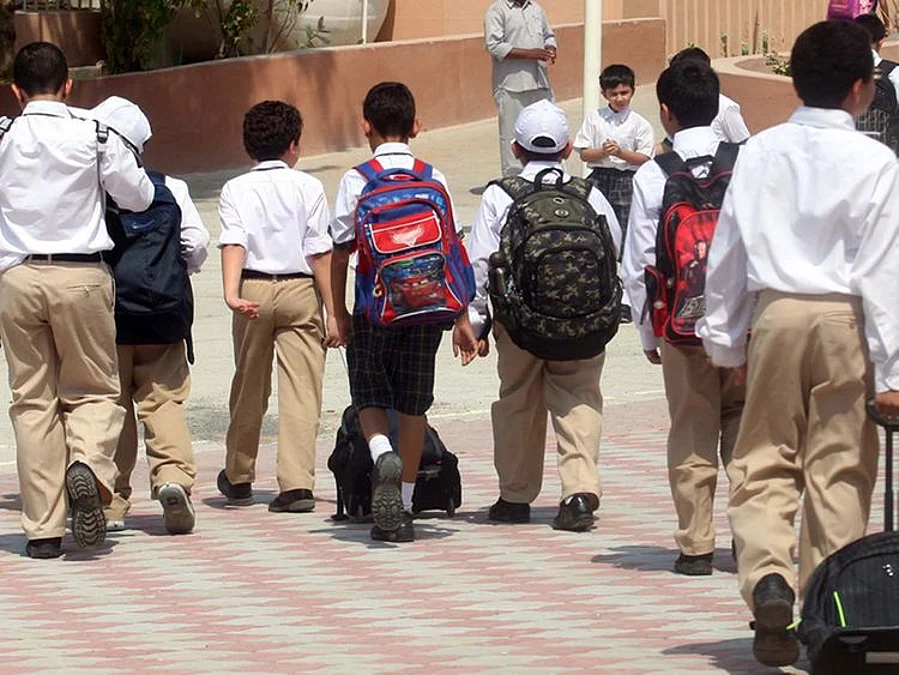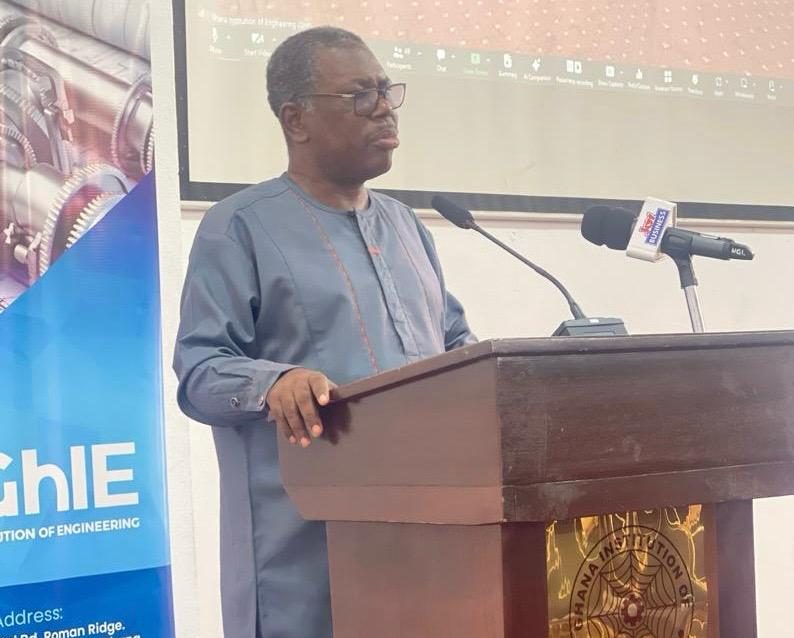Copyright Chicago Tribune

Even though their farms account for only 12% of the world’s farmland, they grow a third of the world’s food, and nearly 70% of Africa’s. They are smallholder farmers, many of them women, and they are facing the most severe impacts of climate change, yet they produce enough to literally feed billions. At climate-change COP30, the realities of smallholder farmers must be central to the conversations on resilience and adaptation. They are an industry too big to fail but are almost entirely excluded from the investment meant to strengthen their resilience; they receive less than 1% of all climate finance. If their farms were to collapse, it would have catastrophic global consequences, exacerbating hunger and destabilizing societies. The threat is no longer hypothetical. Over 150 disasters attributable to climate change occurred in 2024 — a new record — and farmers are already being battered by droughts, floods, new pests and diseases, and increasingly erratic growing seasons. Adaptation remains neglected in the climate response, often dismissed as too complex to measure or too difficult to fund. Wealthy nations have still not delivered the $100 billion annual adaptation pledge made in 2009. Beyond this, there is a critical failure to engage with adaptation as both a necessity and an opportunity, a driver of innovation and the foundation of the better future we urgently need to hurry toward. Across the world, smallholder communities are already adapting. Far from being passive, they actively drive innovation, drawing on generations of knowledge of local ecosystems. They have fostered environments where groundbreaking solutions are emerging, even in resource-constrained settings. Unfortunately, the aid sector’s depictions of smallholders — and female farmers in particular — have too often reinforced misconceptions about who they are and what they contribute. Smallholder and rural female farmers are almost always portrayed as helpless victims rather than the agricultural experts that they are. Providing them with access to climate-resilient seeds, sustainable farming practices, improved irrigation and early warning systems would yield substantial benefits in terms of food security, poverty reduction, biodiversity conservation and climate mitigation. If they were to receive investment equivalent to their output, it would add $1 trillion to the global economy. Where female farmers have received investment, the results are striking. In southern Ethiopia, investment is helping create more gender-balanced leadership in water governance, and their participation is making water access reliable. The climate-smart irrigation techniques they’ve implemented enable year-round production, increasing growing seasons from one to three. There’s a greater diversity of crops, with a higher nutritional and economic value, which in turn boosts household incomes and strengthens the local economy, creating a powerful ripple effect that lifts the entire community. Similarly, in Maharashtra, India, investment has equipped women to become leaders in bamboo cultivation, creating climate-resilient, long-term livelihoods out of unproductive land. These entrepreneurs are now part of a global supply chain, and the bamboo they grow will become furniture, flooring, textiles and paper. This new source of income is improving their long-term financial security and strengthening community resilience. And bamboo also benefits the environment, absorbing up to 45% more carbon dioxide than equivalent tree plantations and releasing 30% more oxygen than most trees. As leaders convene in Brazil for COP30, agriculture is set to feature more prominently than ever as countries grapple with the urgent task of transforming food systems. Yet that transformation will be meaningful only if it recognizes and supports those already sustaining global food security in the most challenging conditions. While debates over adaptation finance access, indicators and obligations will inevitably unfold in Belém, we must not lose sight of a core issue: how climate finance will reach those already driving resilience in their fields. Without predictable, accessible adaptation finance, the potential of female smallholder farmers will remain unrealized. Leaders at COP30 must make more ambitious commitments on adaptation, and those commitments should be turned into fair, sustained access to finance. If the Baku to Belém Roadmap is to succeed, it must not only mobilize resources, but also channel them to the right people, including the smallholder farmers who sustain our food systems. This should not be seen as a handout but as the investment it truly is. Smallholders are anything but small. When female smallholder farmers gain fair and sustained access to finance, productivity rises, communities prosper and the global economy could see returns of up to $1 trillion. Investing in them isn’t just the right thing to do, it’s the smart thing to do. Mary Robinson is co-founder of Project Dandelion and the first female president of Ireland. This op-ed is exclusive to the Tribune.



